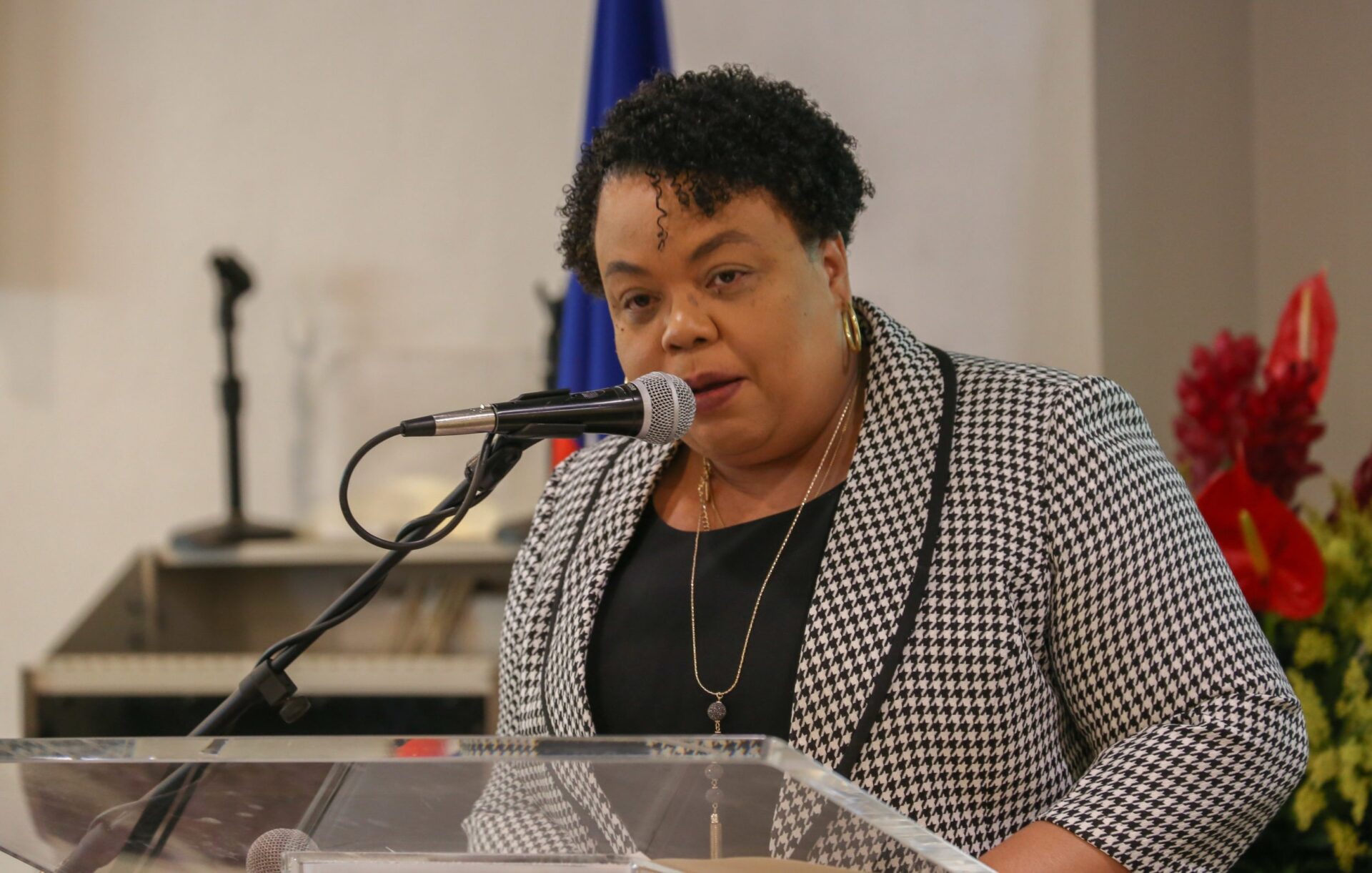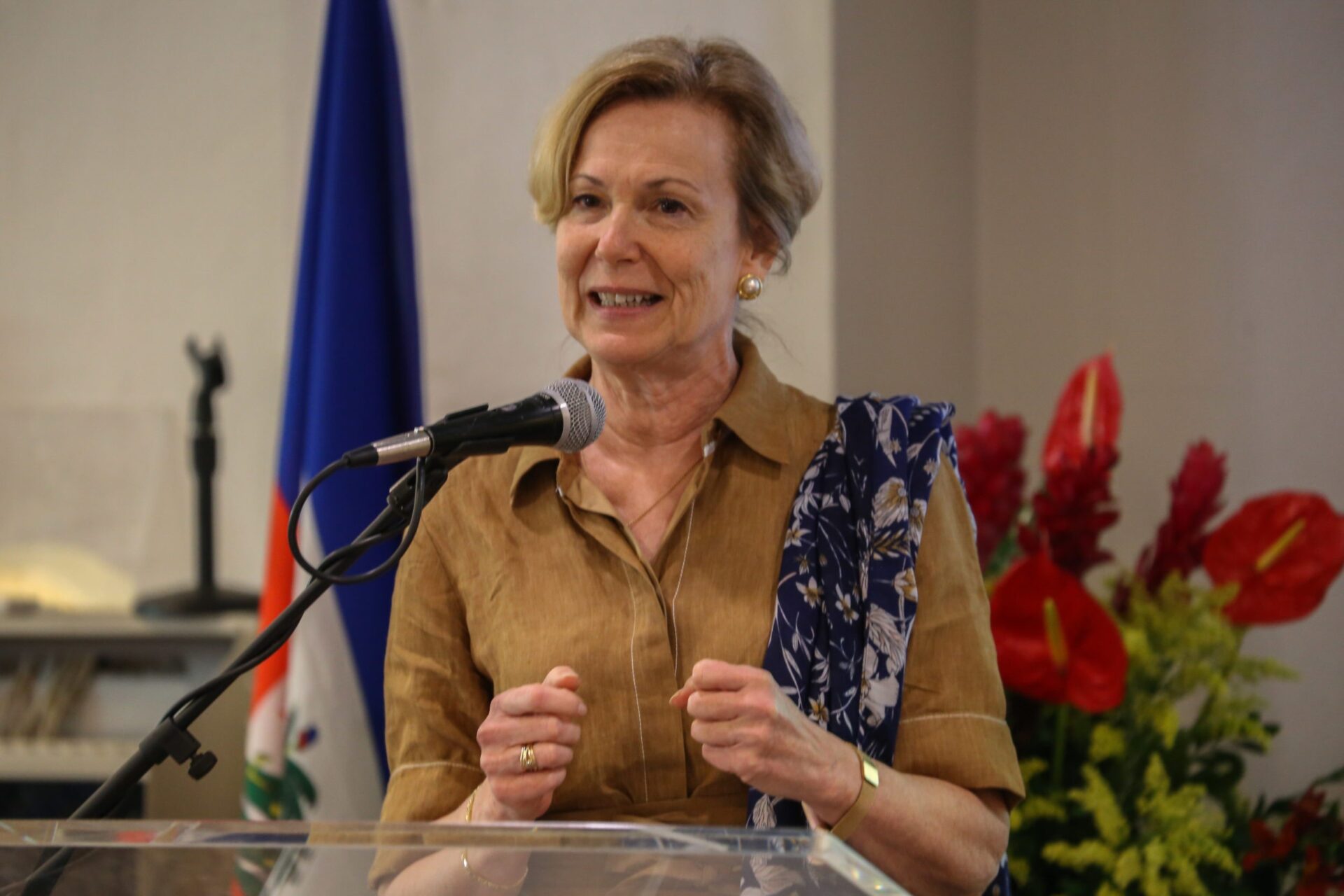Over the past few decades, Haiti has suffered one of the worst HIV epidemics in the Caribbean region, with an estimated 2% of adults, ages 15-49, currently living with HIV. Prone to facing natural disasters, such as earthquakes and hurricanes, infrastructural barriers in accessing health services during these periods also have a significant impact on HIV prevention and treatment access in the country. Despite these challenges, Haiti has made significant strides in reducing new HIV infections and AIDS-related deaths by 25% over the last decade.
Taking a step forward to further this progress, the Government of Haiti has committed to conducting a national-level survey to collect the data it needs to help address this public health crisis.
With the ongoing collaboration between the U.S. Centers for Disease Control (CDC), ICAP at Columbia University, and ministries of health in countries across the world, and funding from the U.S. President’s Emergency Plan for AIDS Relief (PEPFAR), the Haitian Ministry of Public Health and Population has launched the first-ever Haiti Population-based HIV Impact Assessment (HAPHIA).
Haiti will be the fourteenth country where a Population-based HIV Impact Assessment (PHIA) will take place. It is the first PHIA to take place outside of Africa and in the Caribbean, the world’s second-most HIV-affected region. HAPHIA will benefit from the lessons learned by previous PHIAs as the project – which has been a game-changer for the global HIV response – completes its first round of surveys started in 2015 and prepares to begin a new series of surveys to be completed in 2020.

Officiating the launch on June 11, 2019, Greta Roy Clément, minister of Public Health and Population, highlighted HAPHIA’s role in capturing 15 years of major progress for HIV treatment and care in Haiti. “The HAPHIA survey,” she noted in French, “will measure national-level, statistical data on HIV in order to better reach target populations in need of services.”
This national, household-based survey will be the first of its kind to measure the reach and impact of the country’s HIV prevention, care, and treatment services. This information is critical to help Haiti chart a course to reach the UNAIDS’ 90-90-90 targets and, ultimately, bring the HIV epidemic under control.

The HAPHIA launch was also attended by the U.S. Global AIDS Coordinator, Ambassador-at-Large Deborah L. Birx, who emphasized PEPFAR’s commitment to ending the HIV epidemic and making a difference in people’s lives around the world.
The launch also included remarks from ICAP’s Senior Technical Director, Jessica Justman; Principal Investigator of HAPHIA – MSPP, Pavel Desrosiers; CDC Haiti Director, Samuel Martinez; U.S. Ambassador to Haiti, Michele J. Sison.
The survey will reach nearly 12,500 randomly selected households across all ten divisions of the country. Data collection for HAPHIA began July 1.
To get the latest updates on HAPHIA, visit the PHIA website’s Haiti page.
To read this article on the PHIA website, click here.








